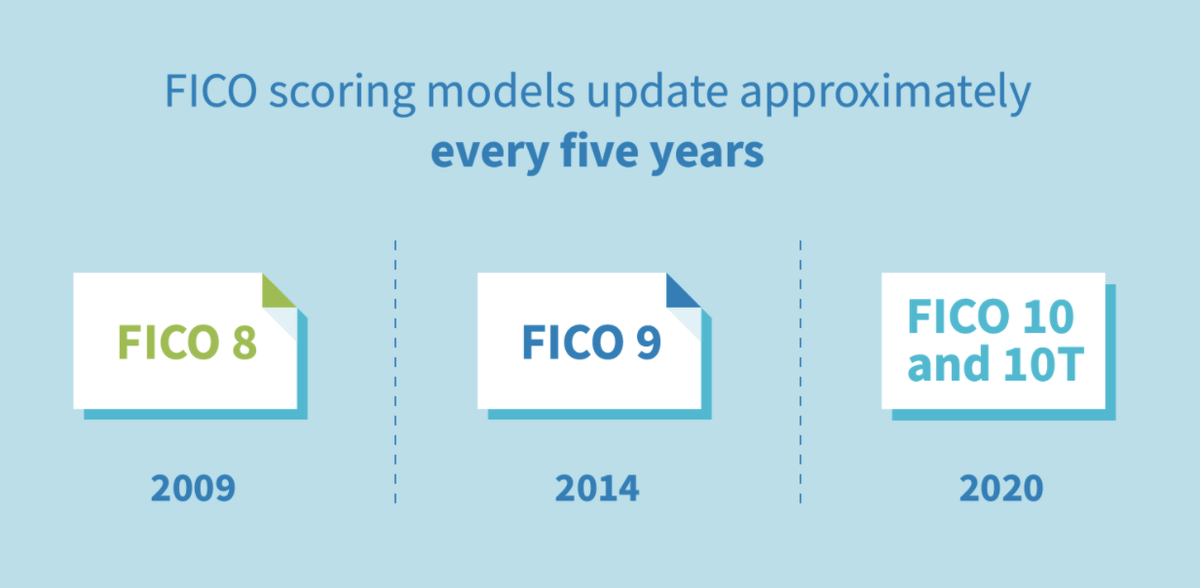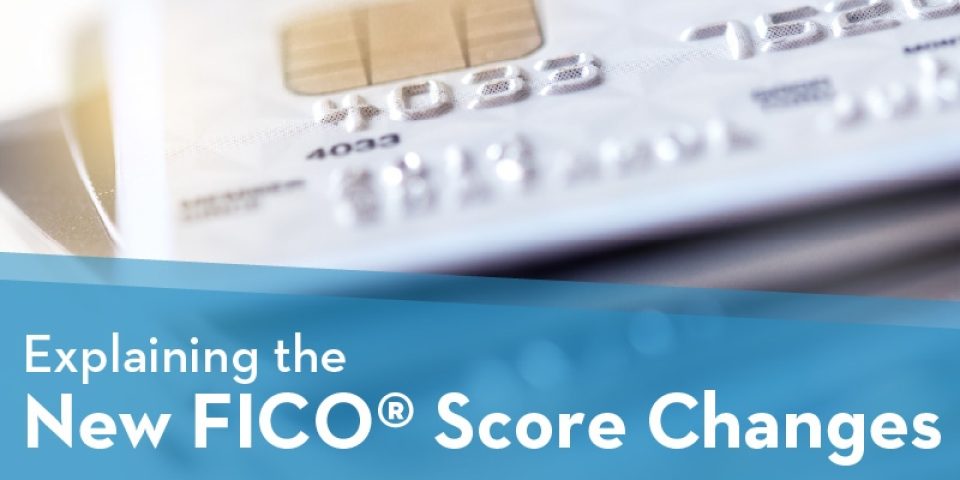The Fight within the Republican Party Continues
There certainly remains much to do in Virginia if one identifies as a Republican. It is important to use the term "Republican" because the very coalition that claims that banner has been fighting an internal battle for years now. Various labeling set upon dividing the Republican Party of Virginia has become a constant theme especially via social media where the barometer regarding "conservatism" appears always in question. Terms "RINO" or "Liberal Republican" appear more and more every day as simply a means of disparaging others rather than formulating and debating ideas or solutions.
 |
| The RPV |
Many have questioned the failures over the course of the last decade where no Republican has won a statewide race yet little appears to have changed within the party itself other than the escalation of infighting and wrangling for more control at the committee levels throughout the Commonwealth of Virginia. Where are the voices that can identify the problems and craft solutions to address why the outcomes have been so negative for Republicans the last few years. Do the committees not recognize any problems the party faces with the 2020 electorate or are they still consumed with running the party as if it were still the 1990's?
Many elements within the party have sought to use the committee system as a vehicle to control outcomes and not "grow our party". This is very alarming to many in Virginia. The strongest forces working behind the scenes are often people whom voters have little knowledge of in fact. Most have never been on a ballot for voters consider and frankly operate in what many call the "shadows". Frankly, these individuals often are the ones that are pulling the strings at the circus that has become the Republican Party of Virginia in the last few years.
This is what happens when a party faces repeated defeat. Its textbook. It resorts to blame. Blame has become the biggest message the last few years, especially since the election of Donald Trump. Many constantly blame Trump for the divisions with the GOP yet in Virginia its less Trump himself rather its those that opposed Trump in the first place. Many of the recent challenges and "power grabs" at the committee levels across Virginia have stemmed from the very group that opposed Trump from the outset. These individuals for the most part were supporters of Senator Ted Cruz (R-TX) whom lost the primary in 2016 in Virginia to Trump. Now support for Cruz was to be expected in some quarters of the Virginia GOP given its long history of a vocal "social conservative" contingent however the issue arose when this group failed to support Trump after winning the Presidency. This contingent of "bright red conservatives" or "biblical conservatives" as Congressional candidate Bob Good (VA-5) represents abandoned Trump in terms of utilizing the victory in 2016 and uniting any messaging that could be used to support growing the party in Virginia and impacting direct change at the polls. Polls which for the last few years have been very unkind to Republicans in the General Assembly and the Virginia Executive. This contingent has blamed Trump when in fact locally it is they who should bear much of it in terms of failed outcomes.
In Virginia, the term "principled" has simply become nothing more than "uncompromising". These conservatives have forgotten the lessons of Ronald Reagan and some have questioned whether they embraced them at all. Reagan was "principled" yet understood that in order to govern and advance his vision for America "compromise" must play a role in how he moved an opposition Congress. Many conservatives today refuse to compromise. The decline in the Republican Party and more importantly the decline in enthusiasm for its ideals is not that the ideas do not address issues effectively its that the messaging no longer resonates. The Republican Party of Virginia appears today without real communicators that can take the message directly to ALL Virginians in all parts of the Commonwealth. A message centered on limited government, reforming education, lowering taxes, and healthcare coupled with addressing how we get Virginia back on track fiscally after having dealt with Covid-19.
To make matter worse now we see where some "conservatives" seek to shrink the party over expanding it. Is the party a party that welcomes ALL Virginians or not? Is the party a "big tent" of ideas it once were or not? Who is making these decisions who can or can not claim the banner of Republicanism.? Does the party seek to alienate voters and future generations over settled "social issues"? Examine the message that was sent all across the Commonwealth (and nation) when "conservatives" in VA-5 Congressional District rejected a sitting Congressman who was virtually assured of re-elections simply because he performed a private "same sex" wedding ceremony after being asked to do so by the participants. The rejection of Rep. Denver Riggleman (R) would never have transpired had his own district's committee sought to remove him. There was no grassroots effort or groundswell but rather a dedicated few that are nothing more than the cancer whose self righteous indignation is working against the future of the party. It did not matter to these individuals that Riggleman had a 90% conservative approval rating, was endorsed by the President and was favored to win re-election handily. The outcome sought had little to do with November in truth.
The infighting has been virtually non-stop. In the VA-3 Congressional District we witnessed attacks on a potential nominee for having been a former Democrat of all things. Once again muddying any "big tent" message being advanced to grow the party. In truth, in this instance it was Republican auxiliary officials that targeted the candidate during a primary having little to no comprehension it seems that Ronald Reagan was once a Democrat as well. The spin by the left made matters even worse given the fact the candidate was a minority and now makes it even harder for the nominee to attract minority voters in the VA-3 come November. Like the events transpiring in the VA-5 the circumstances in the VA-3 simply permit the narrative from the left that the Republican Party is not an open and inviting party for ALL Virginians to continue to compound the issues that the Virginia GOP faces with young, suburban voters.
The Republican Party must face facts. The party is losing on the ground in the suburbs that are determining the election outcomes today. The party is not offering Virginians solutions and is losing the entire messaging game as it simply focuses its efforts on the "decided" Republican voter. The party currently has candidates fighting "two front" wars against both the Democratic Party of Virginia and the Republican Party of Virginia. State Senator Amanda Freeman Chase (I-R) from Chesterfield County spends half her time on the campaign trail fighting other Republicans or at the very least attempting to settle scores with other Republicans. Hardly a party unifying message.
And going into the upcoming State Convention of the Republican Party we learn of efforts to make the Republican State Central Committee (SCC) smaller. At a time when the Virginia GOP is losing elections and failing to secure donations at the same pace as the Democratic Party of Virginia there appears to be a concerted effort by the very same people who have failed to unite with the Virginia GOP post 2016 to make the controlling and influencing function "smaller". The fact is the GOP SCC is dwarfed by its Democratic counterpart and only as 75 or so members. Almost two million people in the Commonwealth of Virginia vote Republican and yet the State Central Committee has a mere 75 members. Now there is an effort afoot to shrink this committee to 54 members. This is simply a death by 21 cuts.
This desire to reduce the number of "seats at the table" is very telling. It tells Virginians that those in support of this are less concerned with winning elections and more concerned with simply consolidating power from the scraps left from the Democratic "blue wave" that continues to overwhelm them. It signals nothing more than a "white flag".
This effort is being advanced by what has become known as the Republican Change Committee. Many have argued however that it is nothing more than Middle Resolution and the Conservative Fellowship by another name.
The proposal by the Republican Change Committee is a direct assault on the current structure of the Republican Party of Virginia. The committee seeks to limit the voice and participation (power) of the affiliate and auxiliary organizations that support the party all across the Commonwealth. These are the College or Young Republican organizations or the Women's Federation for example. The goal is to reduce the number of SCC members thus reducing the number that these organizations may have holding seats on the committee itself. The majority of support for the Republican Change Committee proposal appears to be coming from the VA-5 and VA-7 Congressional District.
What would a reduced State Central Committee to 54 members solve? What is the issue that such a proposal seeks to address? How would a 54 member committee have greater success in electing Republicans than a 75?
The truth of the matter is the 75 member State Central Committee is too small not too large. Other states have massively more members performing the same functions as the Virginia SCC and the Democratic Party of Virginia as somewhere around 200 members. The GOP should be examining means to grow the committee not reduce it. The party must grow to compete and have the manpower of engaged supporters to effectively implement the goals of the committee and unify the party with clear messaging to drive future elections.
We need to face a very simple truth. Far too many on these committees have failed to understand that the one true purpose of these committees to to locate, identify and recruit candidates that can win elections. Period.
These committees need to come to grips with the fact that while the reduce members other organizations like the Libertarian Party of Virginia for example continue to grow. A fact that very well may hinder Republicans in future elections as more younger Libertarian Party candidates begin to run for local and statewide offices.
The Republican Change Committee is facing some push back from the affiliate and auxiliary organizations however. One such newly formed group is Grow Our Party headed up by Thomas Turner who also is the current Chairman of the Young Republicans of Virginia. Clearly, The Conservative State has taken issue with the manner in which the Young Republicans have engaged in the primary process however on this issue Grow Our Party appears to fight the good fight regarding rejecting the proposal to reduce the number of members on the SCC.
Only issue with the Grow Our Party amendments that it will advance at the State Convention is they do not appear to go far enough. The goal should be to expand not fight for the status quo of 75. Below are the stated amendments that Grow Our Party seek to advance. Virginians may get a real lesson in how entrenched the special interests are withing the state convention and what the true objectives are for the Republican Party of Virginia moving forward.
 |
| Young Republicans National Federation |
Thomas Turner has stated that RPV Chair Jack Wilson is supportive of all three amendments his group is proposing but the other candidates for RPV Chair have yet to embrace all three. Jean Gannon who is a candidate for the RPV National Committee is also supportive of all of the amendments proposed by Grow Our Party.
The Grow Our Party (GOP) Initiative is a response to the frustration you’ve probably been feeling if you’re a conservative in Virginia. Every year, we’ve seen the left gain more ground. Even worse, we’ve seen Republicans retreat inwards, conceding seat after seat, district after district, and defeat after defeat. We owe it to ourselves, our communities, and our principles to fight for every seat every year.
Amendment #1 – Unit Chair Caucus
Amendment #1 would create a caucus of Unit Chairs and provide for the caucus to elect three unit chair representatives to serve on the State Central Committee.
Unit Chairs are the frontline leaders of our Party. Creating a caucus to build relationships between unit chairs from around the state would allow for unit chairs to join together to advocate for the needs of unit committees. Providing for three representatives on the State Central Committee would provide a focal point for advancing the priorities of unit committees in policy and financial decision making.
Amendment # 2 — Expanded Affiliate Group Representation
Amendment # 2 would increase from three to four the number of representatives of each of the Republican Women, the Young Republicans and the College Republicans. It would also make the leader of each group a full voting member of the State Central Committee.
These party affiliate groups have long been among the strongest leaders in the Party. Every candidate whose sought office in Virginia can attest to the strong, well-organized support of affiliate group members. By expanding their representation and giving them a vote on the Executive Committee, they would have a status similar to each of the Congressional Districts.
Amendment # 3—Ethical Conduct Recusals
Amendment # 3 would add a public disclosure of conflicts of interest by members of the State Central Committee and District Committees and require recusal where a conflict of interest occurs because of the member’s paid relationship with a candidate or elected official on an issue affecting the candidate or elected official.
The current Ethical Conduct provision provides for disclosure of conflicts to the other members of the committee, but not to other Party members who should be aware of any issues faced by their leaders. Posting conflict notices to the RPV website would correct this.
Additionally, the current provision only requires that members provide notice of conflicts, it does not require them to refrain from voting on issue where the conflict arises. The amendment would require that members recuse themselves from votes affecting candidates or elected officials for whom they work.





















